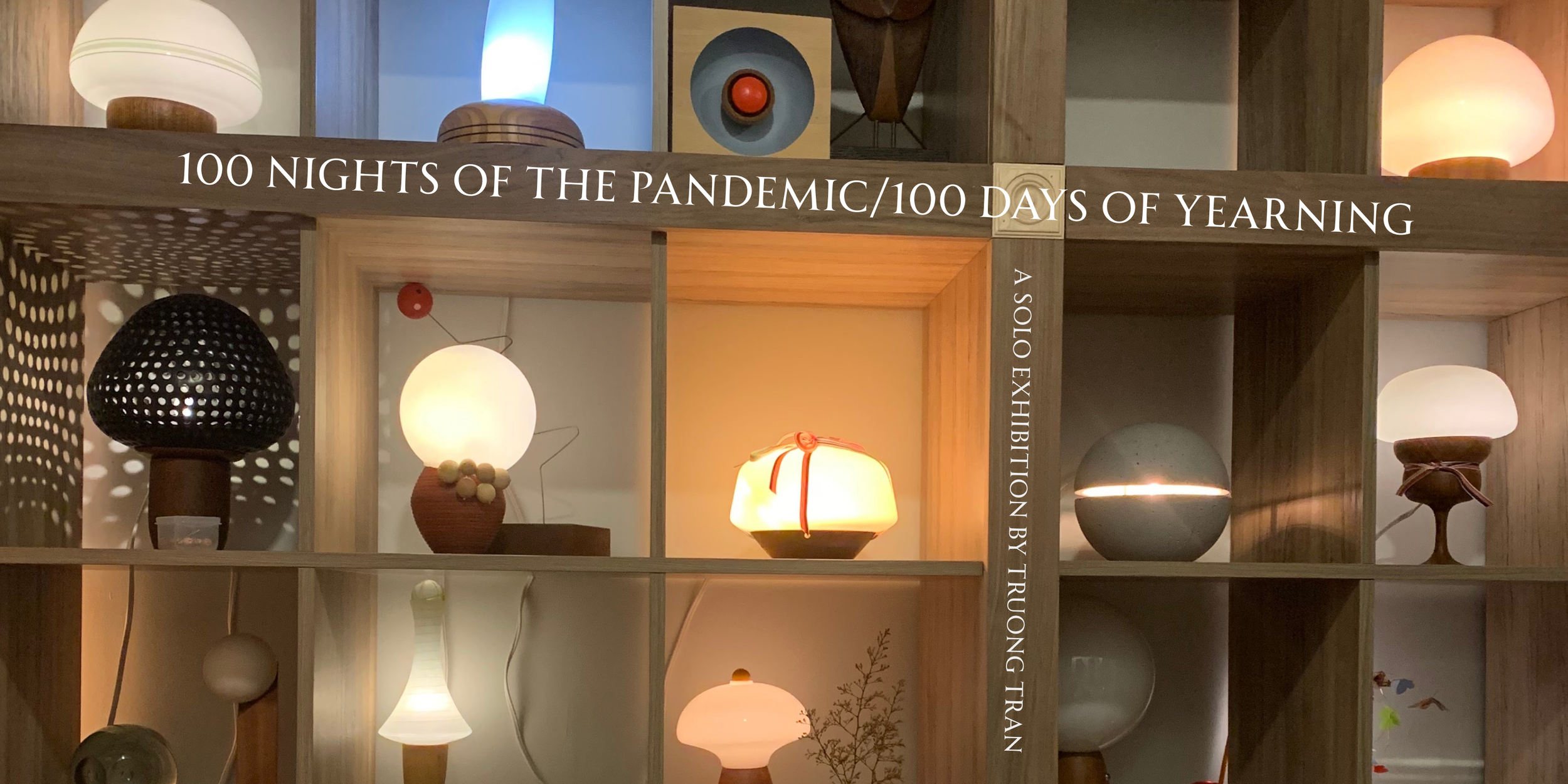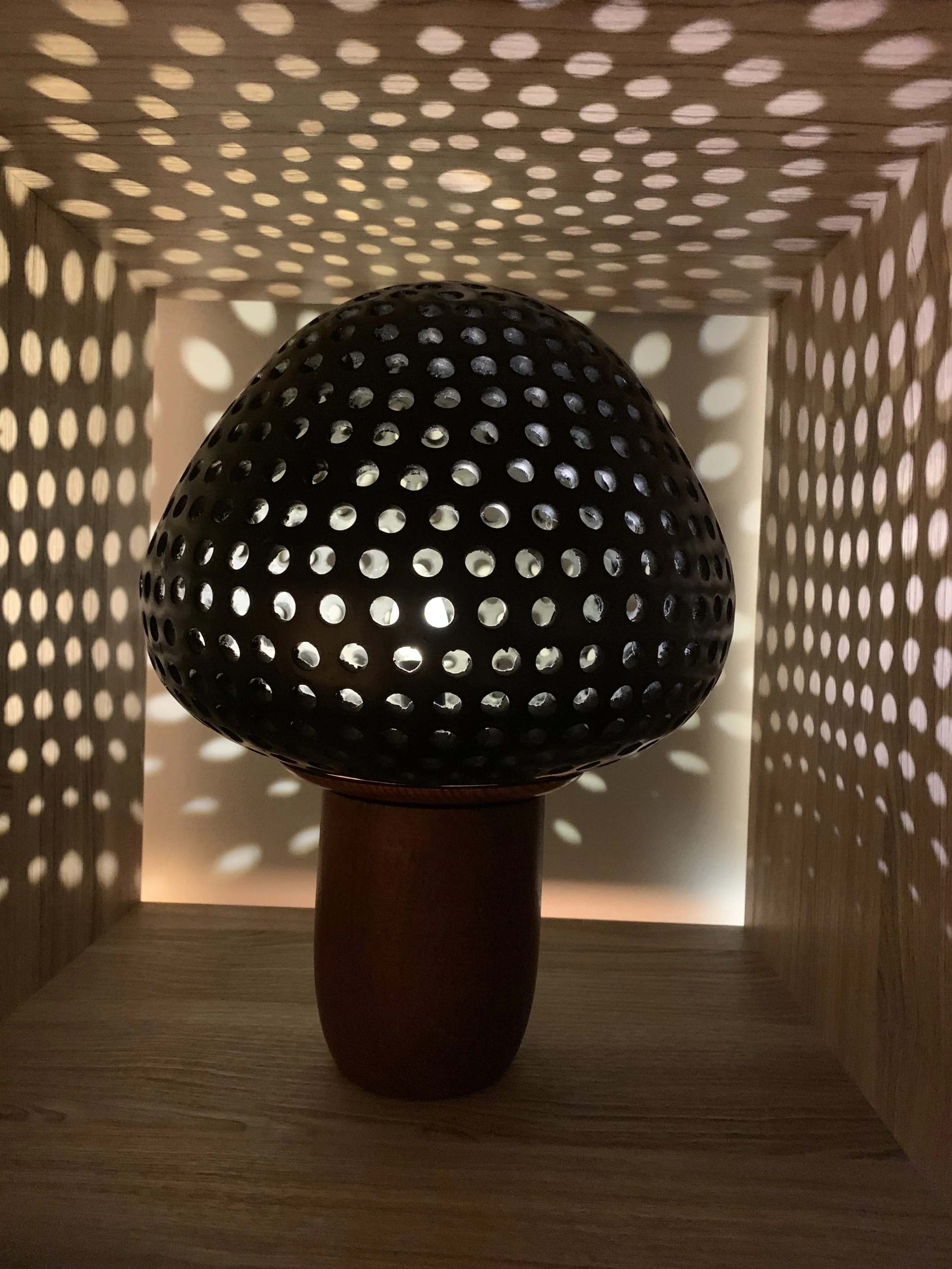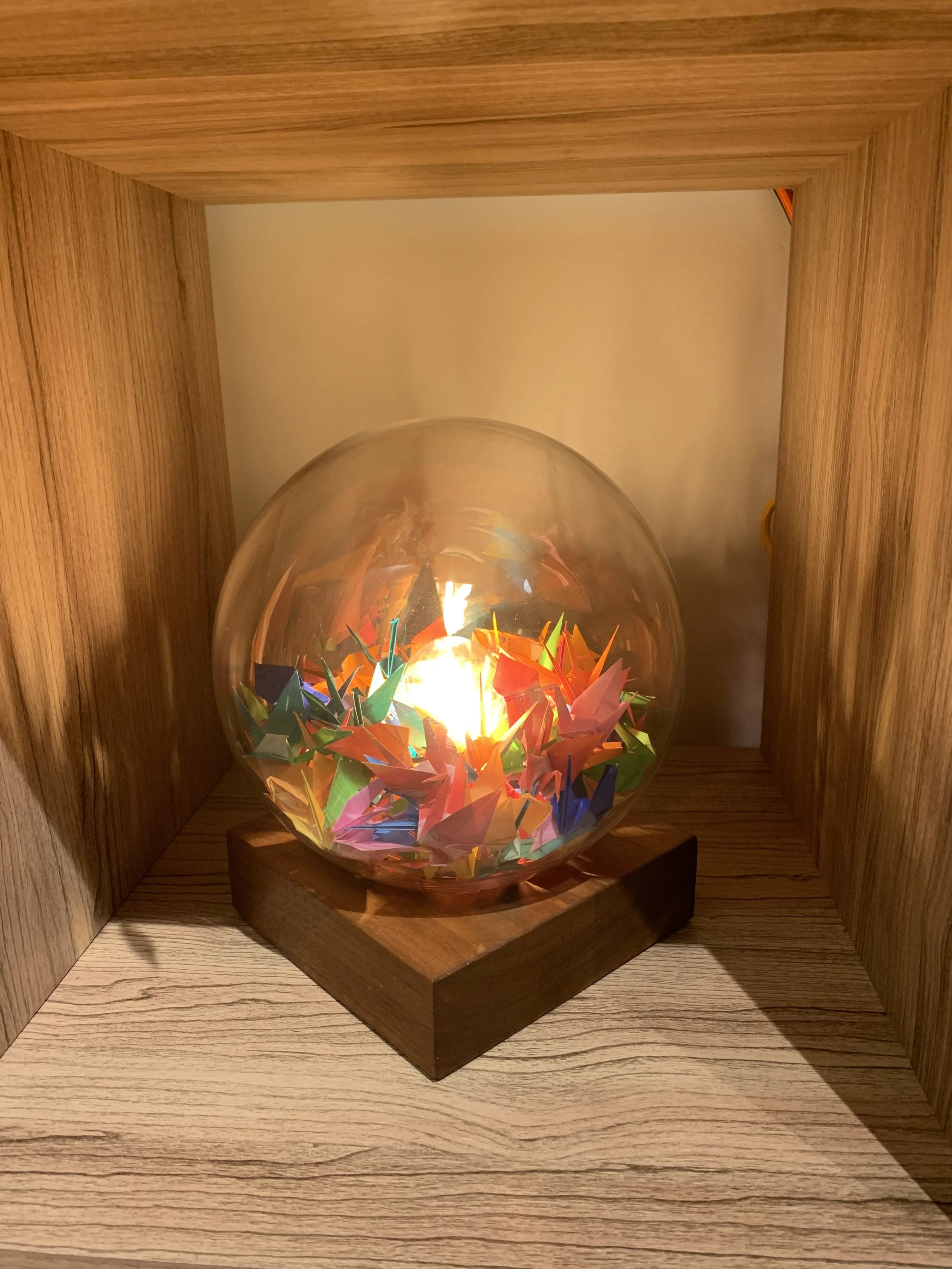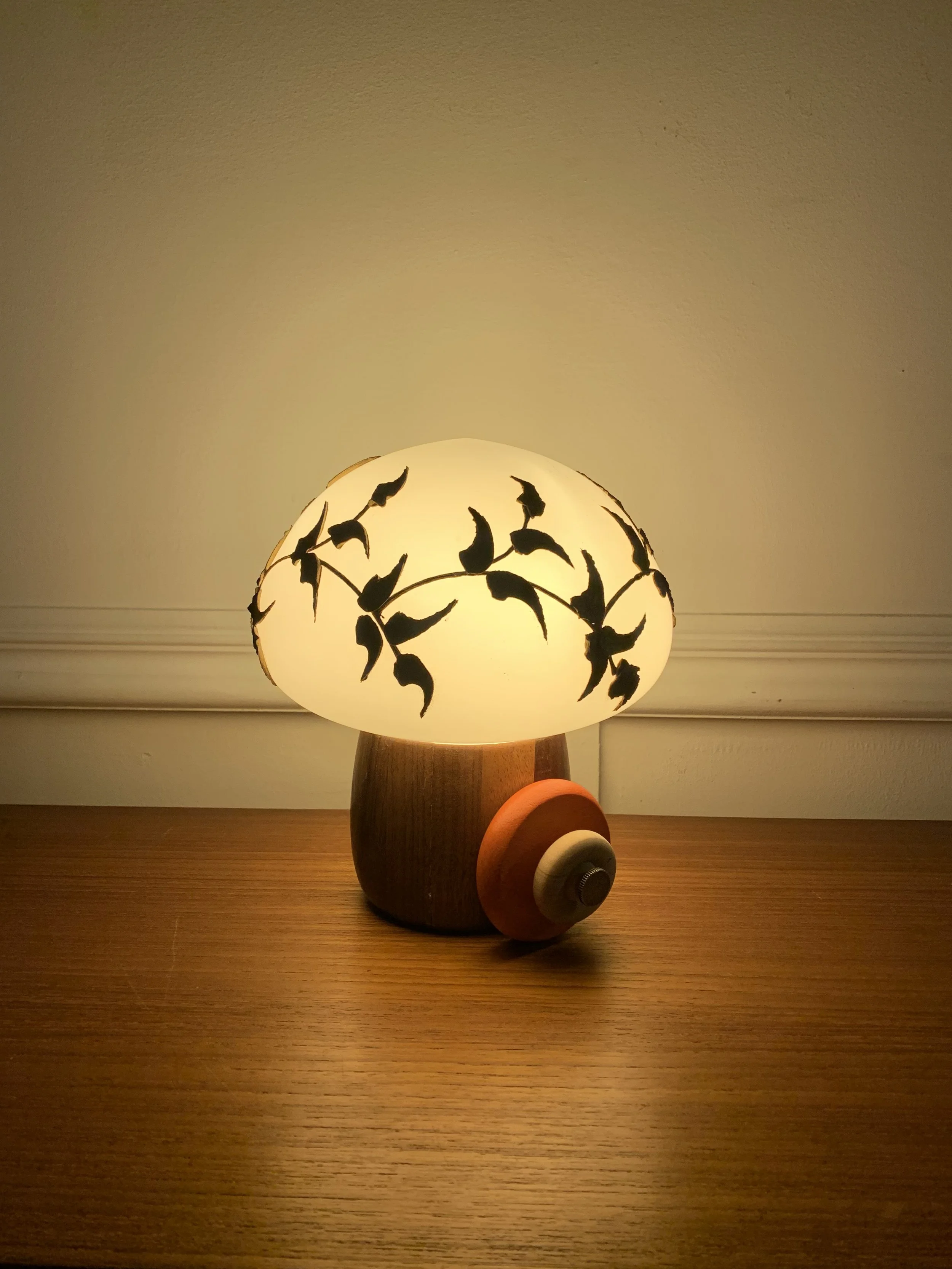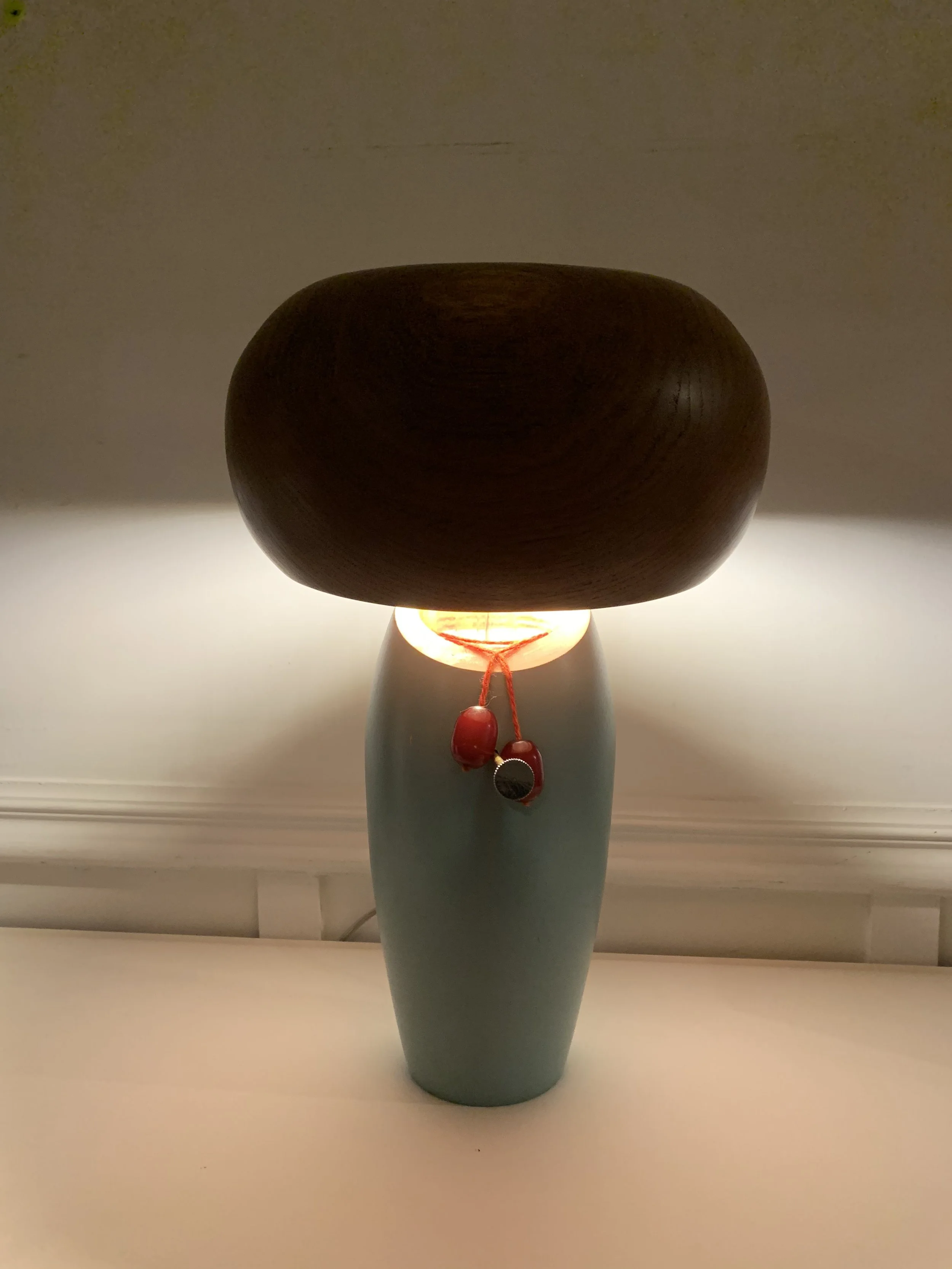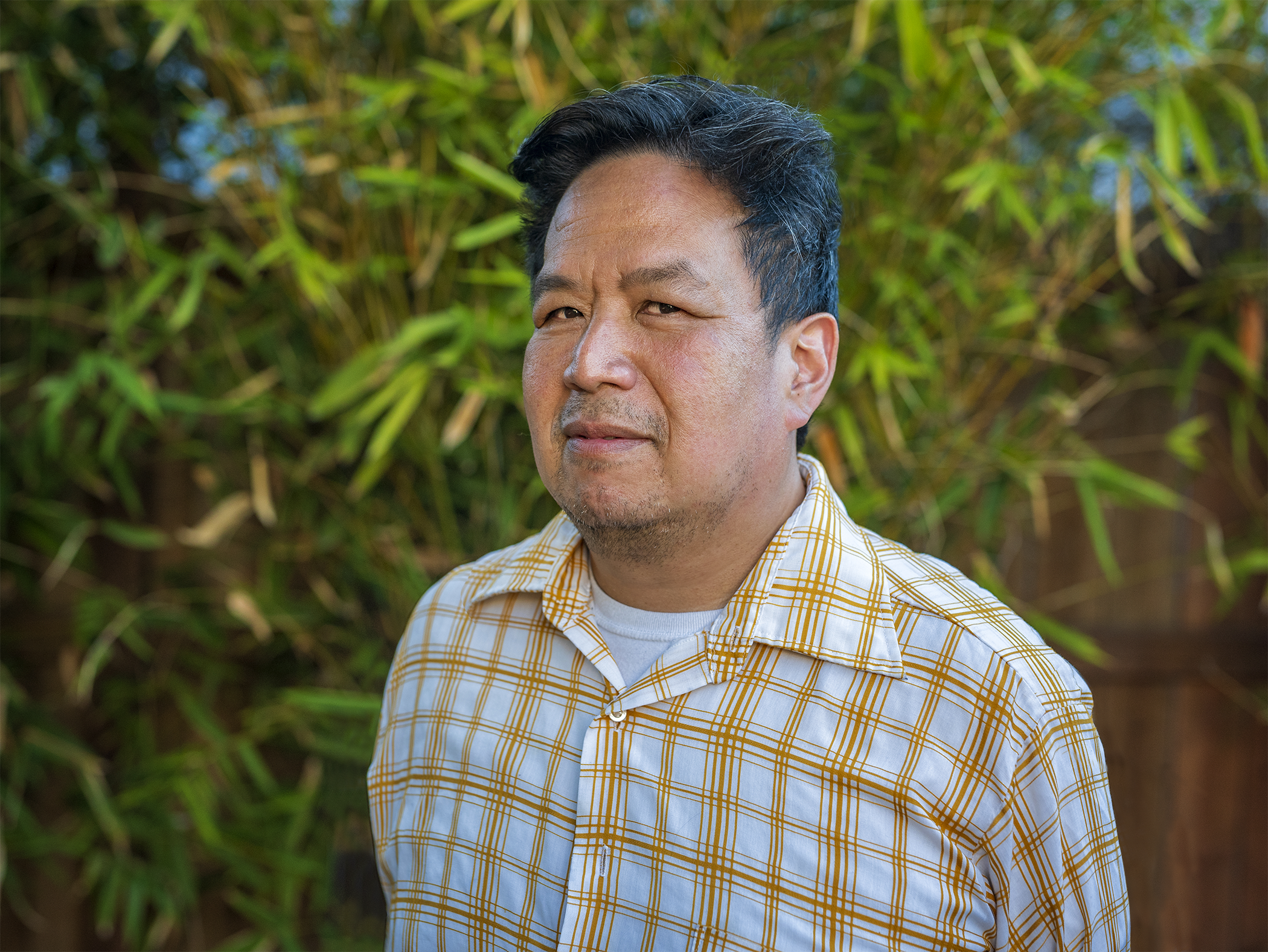Kearny Street Workshop presents 100 Nights of The Pandemic/100 Days of Yearning, a solo exhibition by Truong Tran, co-presented by Diasporic Vietnamese Artists Network
On Display at ARC Gallery & Studios 1246 Folsom Street
Jan 17 - Feb 21, 2026
Gallery hours: Wednesday & Thursday 1-6pm, Saturdays 12-3pm.
“100 Nights of the Pandemic” will display sculptures of light made from found objects and mixed media. Tran spent 100 nights working in complete darkness, using touch and sense to craft the forms he had gathered from his hours-long walks through SF during the height of the pandemic. His collections included wooden bowls, discarded glass, wiring and marbles. Rebekah Edwards says: “Truong Tran’s work illuminates the amount of labor necessary for marginalized subjectivities’ creative survivance. His work engages the audience with that labor in relation to their own proximity, complicity, and survivance of trauma. Tran’s work calls into question whether narrative and temporal coherence is possible in the face of lived trauma.” His light sculptures were not made merely to illuminate, but to consider the act of making which roots how he interacts with trauma.
Truong Tran
Poet and visual artist Truong Tran was born in Saigon, Vietnam. He earned his MFA from San Francisco State University and is the author of five collections of poetry: The Book of Perceptions (1999), a finalist for a Kiriyama Prize; placing the accents (1999), a finalist for a Western States Book Award for Poetry; dust and conscience (2000), winner of a San Francisco State Poetry Center Prize; within the margin (2004); and four letter words (2008), 100 words (co-authored with Damon Potter, 2021), and book of the other (2021). He is also the author of the children’s book Going Home, Coming Home (2003) and the artist monograph I Meant to Say Please Pass the Sugar.
Tran is the recipient of numerous honors and awards, including The Poetry Center Prize, The Fund for Poetry Grant, The California Arts Council Grant, numerous San Francisco Arts Commission grants, and an Intersection for the Arts Writer in Residency Fellowship. His poems and books have been translated into Spanish, French and Dutch. His visual art has been shown in Bay Area galleries such as Intersection, APAture, Kearny Street Workshop, and A. Muse Gallery.

